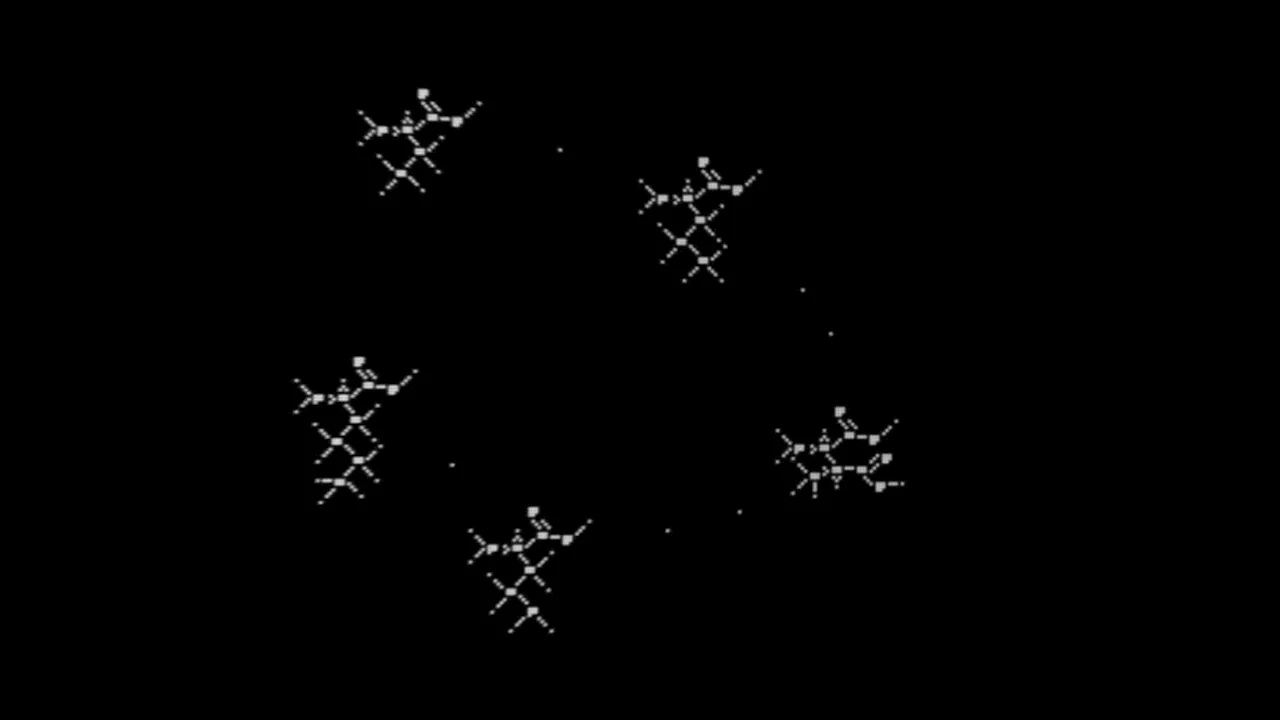Stephanie Pappas is a contributing writer for Live Science, covering topics ranging from geoscience to archaeology to the human brain and behavior.
A father-daughter team has decoded a mock"alien" message after a year of trying. Now, citizen scientists are trying to figure out what the decoded missive truly means for Earth.
The message is part of"A Sign in Space," a science/art project that explores how humanity might react after receiving a real alien message. It took only 10 days for an online community to extract the message from the raw data, but decoding it was more difficult: That wasn't achieved until June 7, 2024, when the Chaffins messaged Daniela de Paulis, the founder and artistic director of the project, with the solution. ESA publicly announced their success on Oct. 22.
Related: Infamous 'Wow! signal' that hinted at aliens may actually be an exceptionally rare cosmic event—Repeated signals from the center of the Milky Way could be aliens saying hello, new study claimsThe project had additional support from the SETI Institute — a nonprofit dedicated to the search for extraterrestrial life — and the Green Bank Observatory in West Virginia. Decoding the message required many hours of computer simulations.
Malaysia Latest News, Malaysia Headlines
Similar News:You can also read news stories similar to this one that we have collected from other news sources.
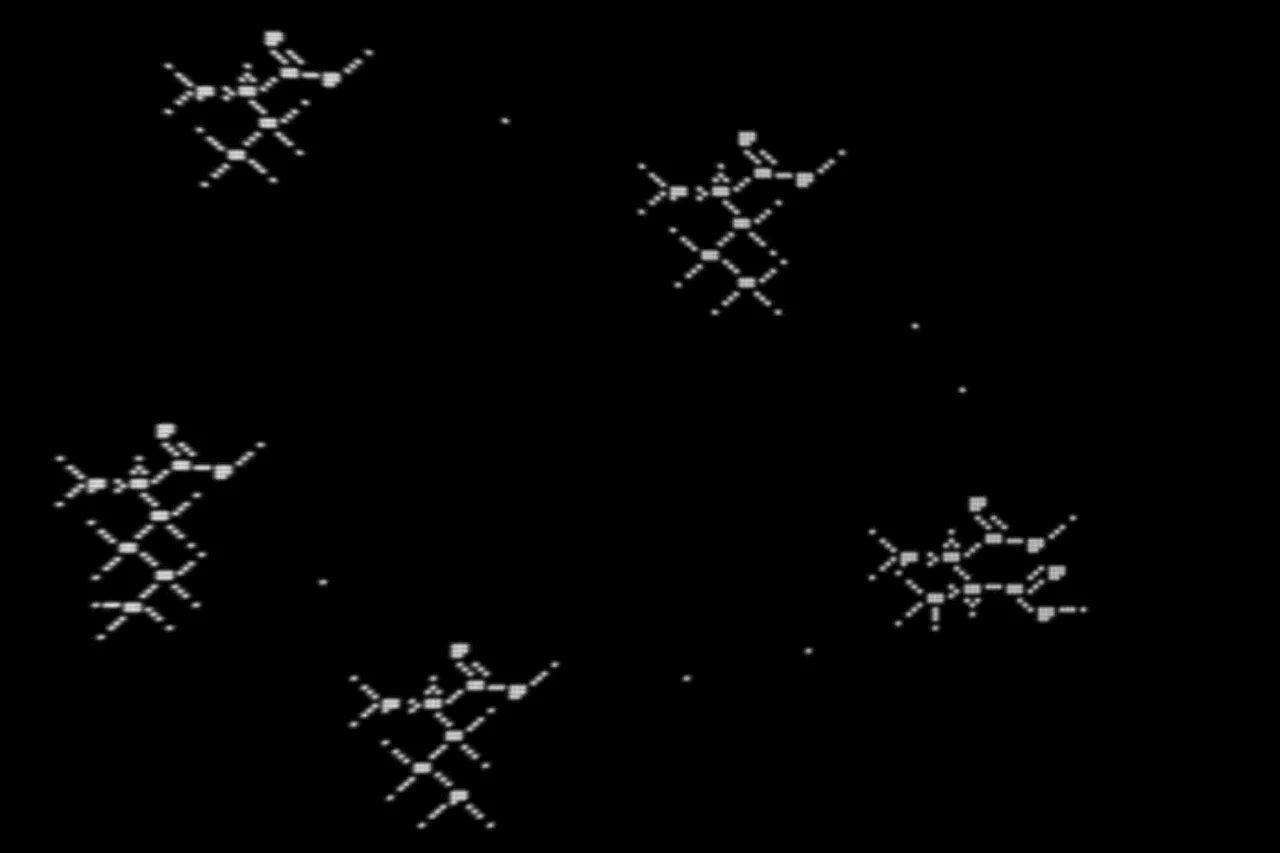 Father-Daughter Duo Cracks Coded ‘Alien’ Signal From MarsAfter a year-long effort, a father-daughter duo decoded the simulated extraterrestrial message from another planet.
Father-Daughter Duo Cracks Coded ‘Alien’ Signal From MarsAfter a year-long effort, a father-daughter duo decoded the simulated extraterrestrial message from another planet.
Read more »
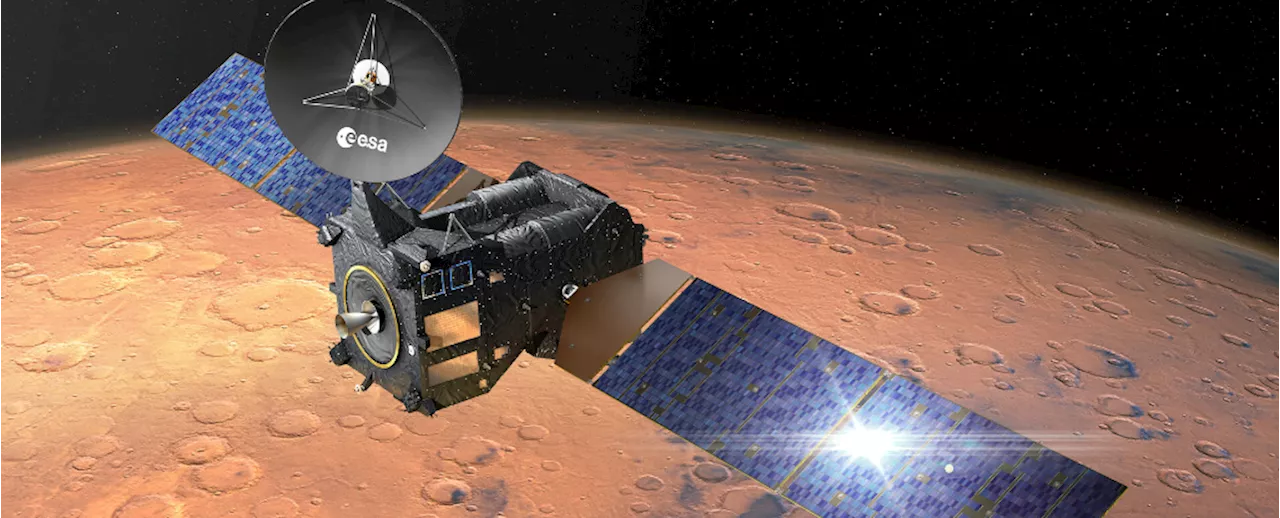 'Alien Signal' From Mars Decoded by US Father-Daughter TeamThe Best in Science News and Amazing Breakthroughs
'Alien Signal' From Mars Decoded by US Father-Daughter TeamThe Best in Science News and Amazing Breakthroughs
Read more »
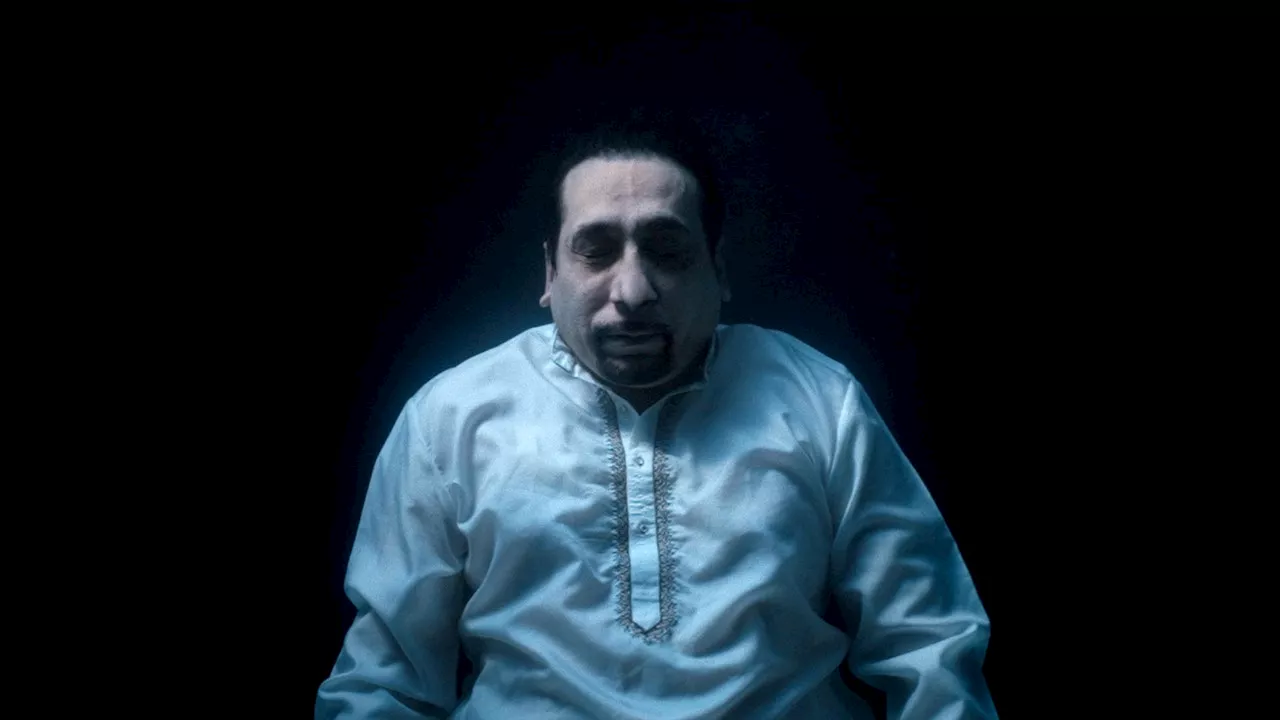 A Family Reckons with a Father’s Wish to Be Preserved Using Cryonics in “Eternal Father”Ömer Sami’s short documentary, “Eternal Father,” features a father’s struggle with mortality, and how to explain the desire to be cryogenically frozen to his children.
A Family Reckons with a Father’s Wish to Be Preserved Using Cryonics in “Eternal Father”Ömer Sami’s short documentary, “Eternal Father,” features a father’s struggle with mortality, and how to explain the desire to be cryogenically frozen to his children.
Read more »
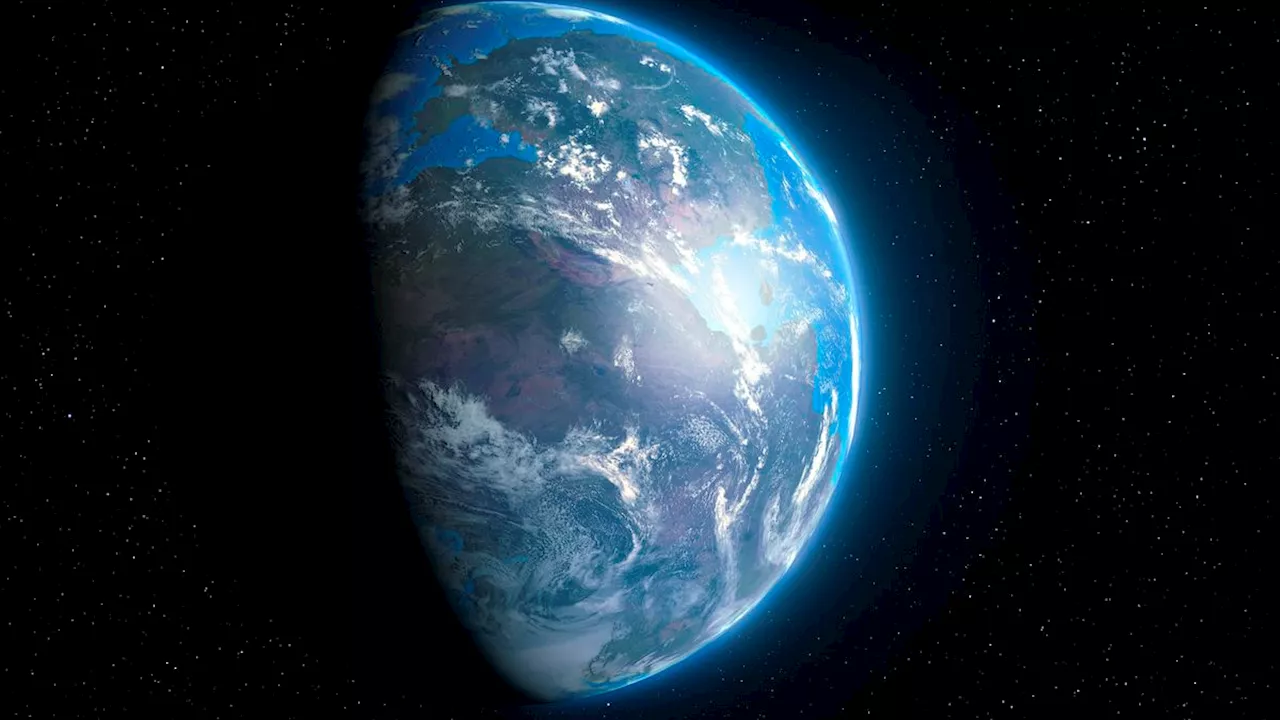 Earth's mantle is split into two halves thanks to supercontinent PangaeaStephanie Pappas is a contributing writer for Live Science, covering topics ranging from geoscience to archaeology to the human brain and behavior.
Earth's mantle is split into two halves thanks to supercontinent PangaeaStephanie Pappas is a contributing writer for Live Science, covering topics ranging from geoscience to archaeology to the human brain and behavior.
Read more »
 Astronauts to grow livers in space, where microgravity might help them thriveStephanie Pappas is a contributing writer for Live Science, covering topics ranging from geoscience to archaeology to the human brain and behavior.
Astronauts to grow livers in space, where microgravity might help them thriveStephanie Pappas is a contributing writer for Live Science, covering topics ranging from geoscience to archaeology to the human brain and behavior.
Read more »
 Earth's crust may be building mountains by dripping into the mantleStephanie Pappas is a contributing writer for Live Science, covering topics ranging from geoscience to archaeology to the human brain and behavior.
Earth's crust may be building mountains by dripping into the mantleStephanie Pappas is a contributing writer for Live Science, covering topics ranging from geoscience to archaeology to the human brain and behavior.
Read more »
